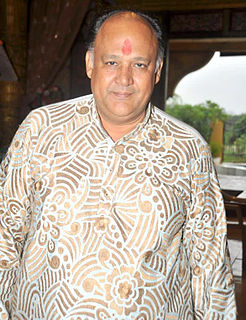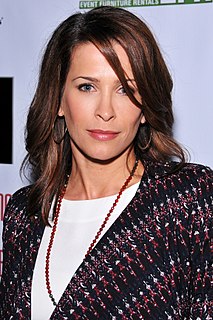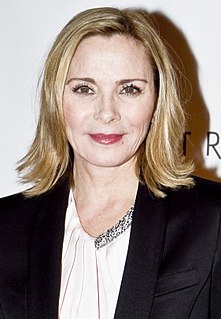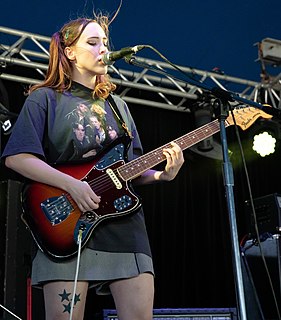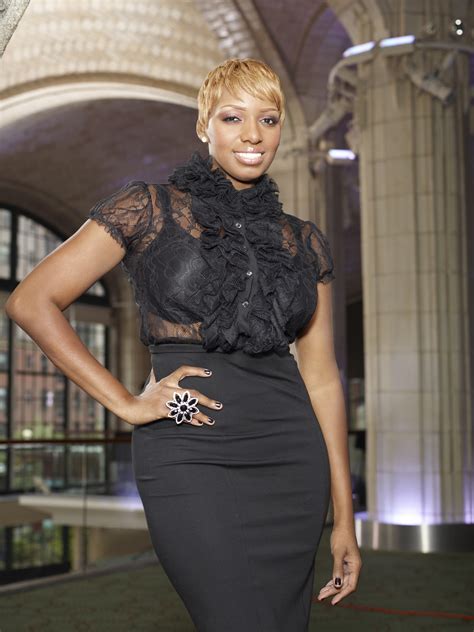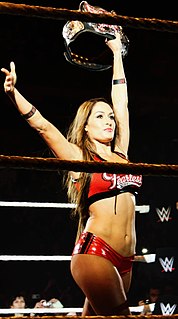A Quote by Alok Nath
The makers love to show women being oppressed, and the audience also loves watching these stories. I'm sorry to say, but a large portion of the audience that watches these shows are women. They make women cry and abuse in the shows and women audiences are glued to such plots. I don't understand this syndrome.
Related Quotes
Most of the network television audience now is primarily women, but I think that's because the shows are developed to appeal to women. I don't know that there are too many shows that appeal to guys anymore. I'm not sure why that is, but I think that it may have something to do with the fact that most development staffs are women.
Marjan. I have told him tales of good women and bad women, strong women and weak women, shy women and bold women, clever women and stupid women, honest women and women who betray. I'm hoping that, by living inside their skins while he hears their stories, he'll understand over time that women are not all this way or that way. I'm hoping he'll look at women as he does at men-that you must judge each of us on her own merits, and not condemn us or exalt us only because we belong to a particular sex.
We started to have more women and little girls in our audience, where it started to be 40 percent female that sat in our live audience. So I think, when that was happening and the women were stepping up and saying, 'Hey we can do what the men do,' and then you saw it on a reality show, it was just inevitable for us to have this women's evolution.
One of our rules for the show, I guess the filter we try to pass everything through, is it's a safe place for women to be. It's not a show for women, because we're basically 50/50 men/women in our audience, but it's a safe place where women win. Women never lose on our show. I think that's very important. It's very unusual.
I don't think that there's a target audience at all. These stories were in circulation. The stories were told by men, told in the marketplace by men, but also behind doors by women, but there's no real record of this. It's likely they were told by women to children in their interior rooms. The story could be a negative story, they could be presented as a, "Watch out! Women will get round you, do things to you, weave you in their toils." It could be buried in it an old cautionary story about women and their wiles.
